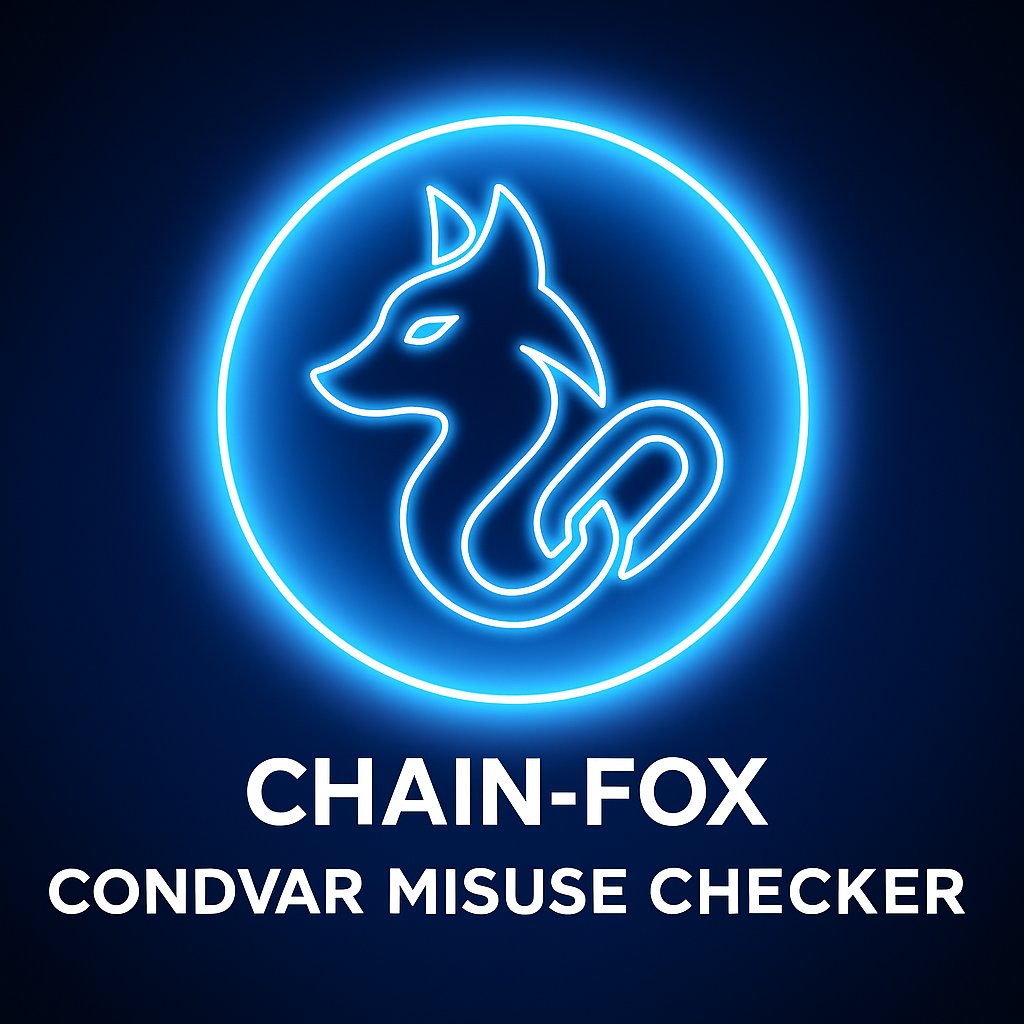Today, we’re taking a look at our third Rust checker: the Condvar Misuse Checker.
This continues our deep dive into how Chain-Fox checkers work and why they matter.

Rust’s condition variables (Condvar) are used for thread synchronization, but when misused, they can introduce subtle and dangerous bugs.
These bugs can result in either:
• Deadlocks that halt thread execution
• Data races that break memory safety guarantees
The Condvar Misuse Checker analyzes the Mid-level Intermediate Representation (MIR) of Rust code to identify unsafe or incorrect interactions between locks and condition variables.
It tracks:
• Lock acquisition and release
• Condvar wait and notify patterns
If a condition variable is used without holding the proper lock, or if notifications occur without proper synchronization, the checker will flag a potential misuse.
It reports:
• Wait and notify types
• Their exact locations in the code
• Context of the lock usage
These kinds of issues are often difficult to detect through manual review or testing because they may not surface until the application is under heavy load or in a specific execution path.
This makes static analysis essential.
A real-world bug of this kind was identified and resolved in Parity Ethereum:
PR: Fix light client deadlock
Ref:
By analyzing both the synchronization primitives and the thread logic, this checker helps prevent bugs that can cause long-term stability issues in concurrent systems.
It is especially useful in blockchain clients and multi-threaded backends.
With this tool, developers can catch incorrect Condvar usage before it results in race conditions or hangs in production environments.
It reinforces Rust’s memory safety with deeper concurrency guarantees.
So far, we’ve explained three Rust checkers in the Chain-Fox suite
• Double-Lock Checker
• Conflict-Lock Checker
• Condvar Misuse Checker
Each targets a specific class of concurrency errors often missed by compilers or tests.
And there’s more to come. We’ll break down the next in our upcoming thread.
In our next thread, we’ll break down another specialized Rust checker in the Chain-Fox suite. Stay tuned.
86
4.66K
The content on this page is provided by third parties. Unless otherwise stated, OKX is not the author of the cited article(s) and does not claim any copyright in the materials. The content is provided for informational purposes only and does not represent the views of OKX. It is not intended to be an endorsement of any kind and should not be considered investment advice or a solicitation to buy or sell digital assets. To the extent generative AI is utilized to provide summaries or other information, such AI generated content may be inaccurate or inconsistent. Please read the linked article for more details and information. OKX is not responsible for content hosted on third party sites. Digital asset holdings, including stablecoins and NFTs, involve a high degree of risk and can fluctuate greatly. You should carefully consider whether trading or holding digital assets is suitable for you in light of your financial condition.

